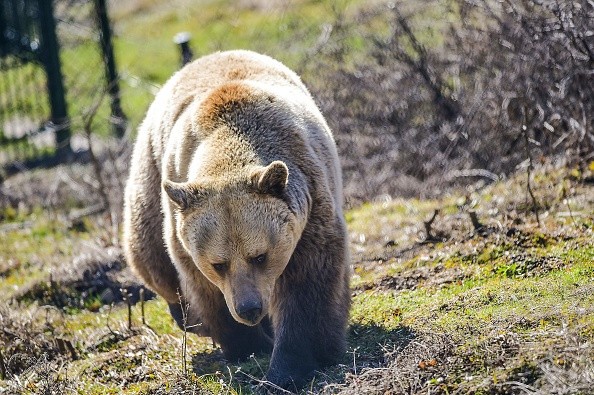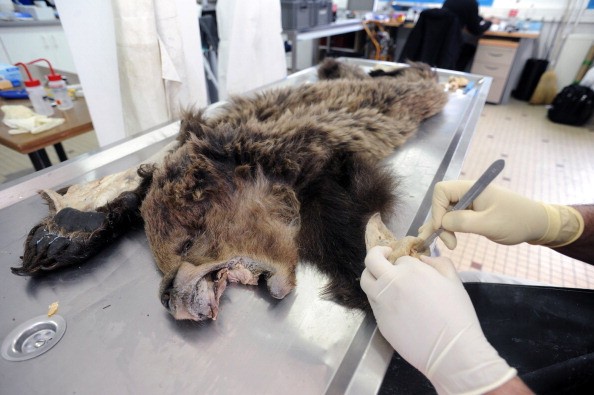Despite the fact that Australia has no native bears, its participation in the illicit trade of bear parts and products tells a different narrative.
Researchers from the University of Adelaide, in partnership with the Monitor Conservation Research Society and the Wildlife Justice Commission, studied the demand for bear parts and products in Australia and New Zealand in an article published in Pacific Conservation Biology.

Research Findings
Researchers discovered that between 2007 and 2018, enforcement agencies in the two countries seized close to 800 bear body parts and medicinal derivatives brought in from at least five of the eight living bear species, including polar bears.
While neither Australia nor New Zealand have native bear species, it is obvious that there is still demand for bear products outside their natural environment, stated lead author Dr. Phill Cassey of the University of Adelaide.
The report stated that the majority of the confiscated items were traditional medicines, and bear bile farming is a particularly a gradual but harmful threat to bear conservation and wellbeing across the world.
A considerable proportion of the seizures, however, were hunting trophies and bear body parts, such as teeth and claws.
This research demonstrates the transnational character of illicit bear parts and goods trading, as well as the necessity for enhanced international effort to eradicate this crime stated co-author Dr. Chris Shepherd of the Monitor Conservation Research Society in Canada.
Countries Involved in Illegal Trading of Bear Parts
While China and North America were cited as the primary sources of seizures, the trade was executed by 33 countries from every continent excluding Antarctica. Bears are gathered from the wild, and in certain circumstances, bear bile extraction facilities, sometimes known as bear bile farms, are used.
The research shows that the danger to bears as a result of demand for bear parts and products is not restricted to their original nation, but also extends to unlawful trading in non-range countries, Dr. Cassey stated.
It's crucial that Australia's and New Zealand's biosecurity and environmental enforcement agencies be supported in their efforts to curb demand for illicit wildlife products and collaborate with source coutries to fight wildlife smuggling.
Illegal wildlife trafficking and unsustainable biological resource use are on the rise, posing one of the world's most serious challenges to biodiversity and environmental security.

How Can Illegal Trading of Animals be Stopped?
Thousands of species and millions of individual animals and plants are involved in the trade. Species are traded for a wide range of reasons, including traditional medicine, luxury jewelry, hunting trophies, the fashion industry, and living specimens for pets.
Bear farming and the trade in bear bile has resulted in the deaths of thousands of wild bears, as well as the suffering of captive bears on bile farms. These bears would be better protected if states followed through on their international duties under CITES.
Other bear-farming or bear-trading countries should follow the US example in stopping this horrible trade. This may be achieved by enacting new regulations and imposing serious penalties on poachers and smugglers, which would make them less willing to engage in this illegal activity.
Related Article : Arthur, Romania's Largest Bear, Allegedly Shot by Liechtenstein Prince
For more news, updates about bears and similar topics don't forget to follow Nature World News!
© 2025 NatureWorldNews.com All rights reserved. Do not reproduce without permission.





